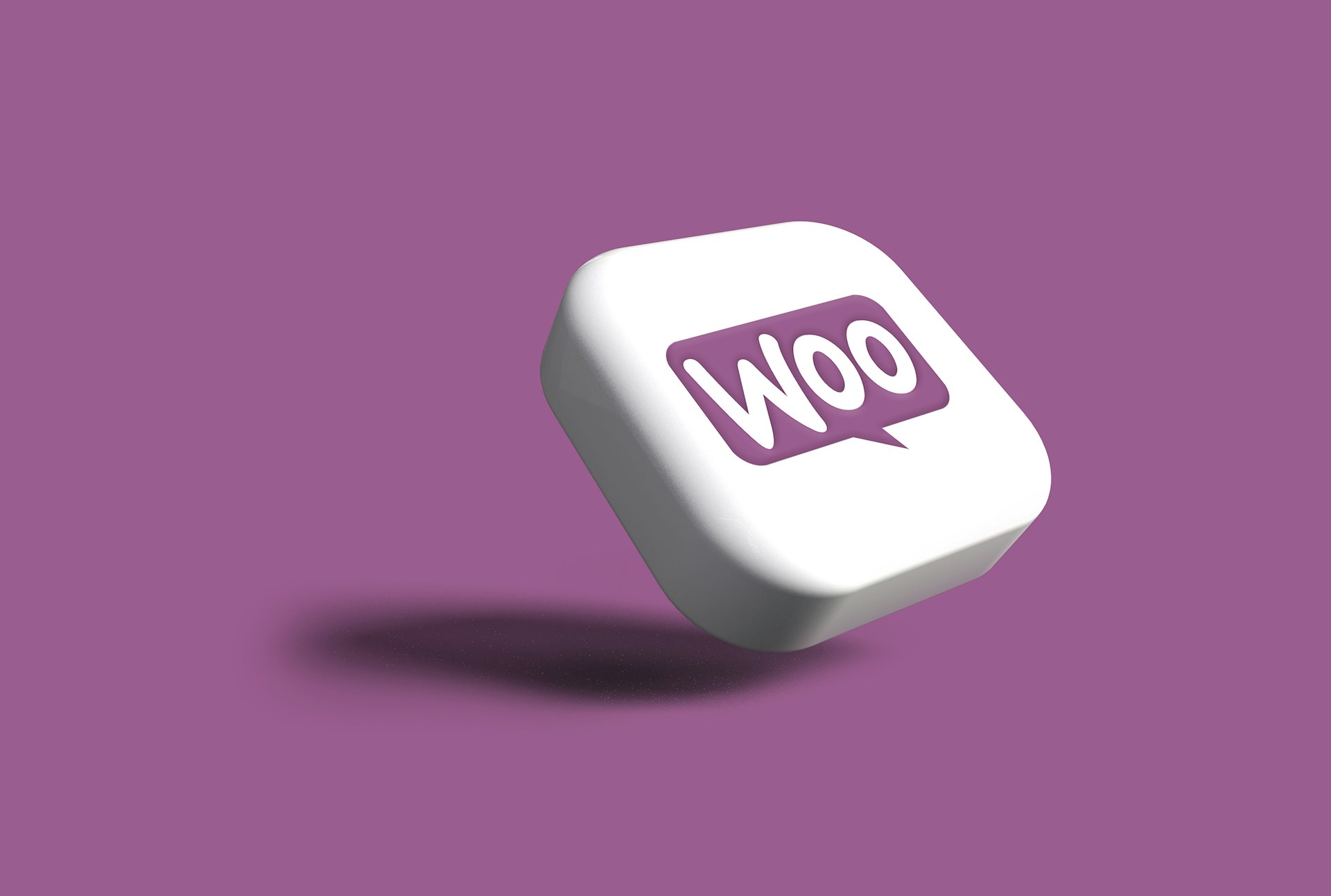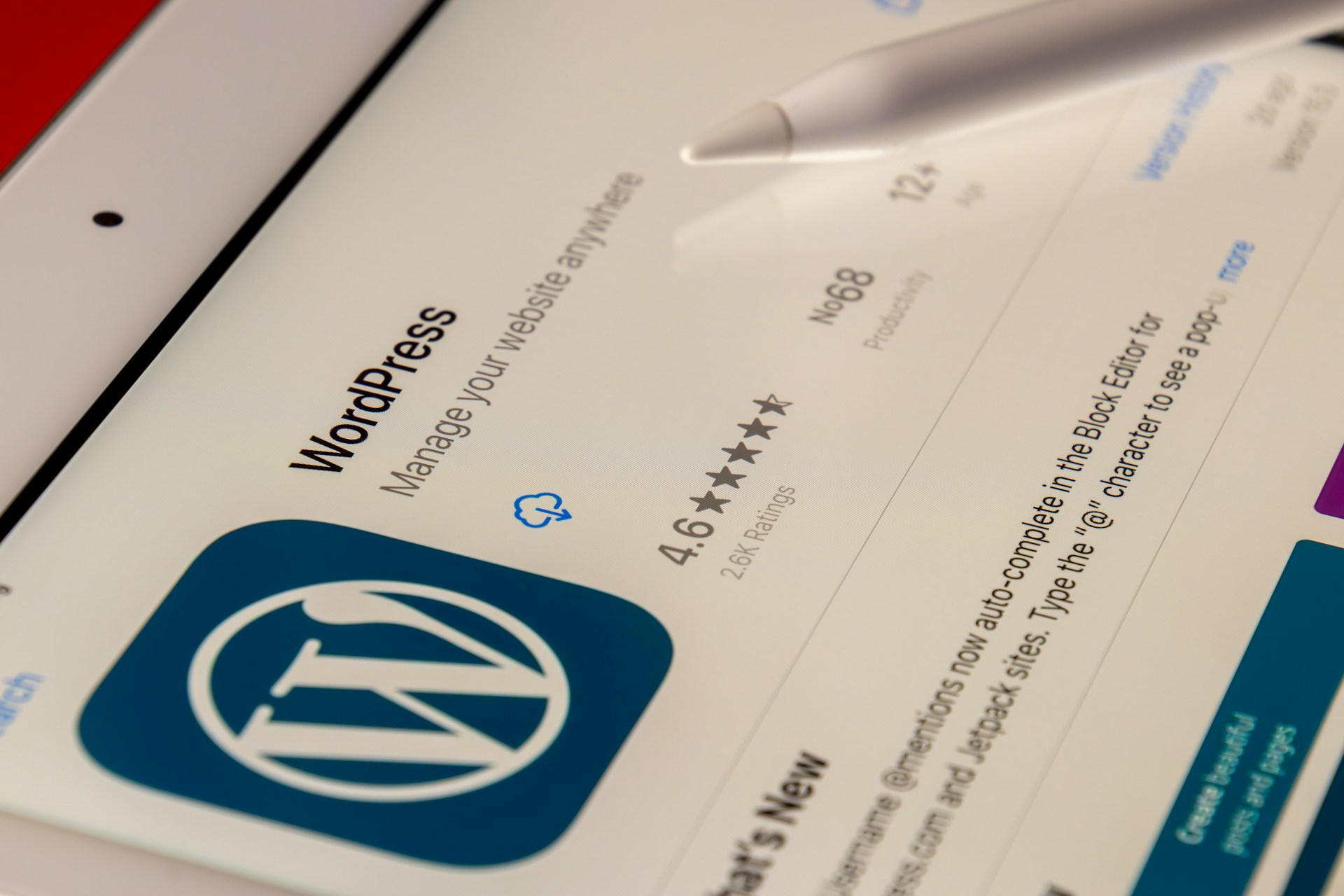10 Advanced Digital Marketing Tactics for Small Business
Opening up a small business is an extremely tempting prospect. You get to be your own boss and call all the shots, as well as generate better income than you would working for someone else. According to research, there are 30.7 million small businesses in the US, which make up 99.9% of all US businesses. However, while running your own business definitely comes with a ton of perks, the challenges are just as numerous, especially if you are running a brick-and-mortar small business in 2020.
Because of the pandemic, 31% of small businesses in the US are not operational at the moment, and it’s difficult to say how many of them will bounce back if and when the coronavirus goes away. Now, it’s a given that small online businesses have fared better in this whole situation, but even then, they need to do their best in order to survive. One of the crucial things every small business needs to do is beef up its online presence, which is why we have decided to share 10 advanced digital marketing tactics that will help it do just that.
- Create a Google My Business Listing
While this is something you have probably ignored as a regular Google user, you can’t do the same as an owner, which means you need to create a Google My Business listing for your small business. In case you are not sure what Google My Business listing is, just google one of the businesses you are familiar with, and you will be able to see their most important info, such as address, business hours, link to their website, as well as phone number, just to name a few, on the right-hand side of the screen. Once you set it up, all you really have to do is make sure that all the data is updated in order to keep it accurate and relevant. And it’s totally free.
- Think Local
Reaching a global audience is nice, but what if most of your customers are to be found in the area where your small business is located? Well, then you simply need to invest into local marketing and target your local customers. We’ve already touched on creating a Google My Business listing, but there are plenty of other things you can do beyond that. For example, you can spend some of your marketing dollars on creating ads on social media or Google which will specifically target the area where your business is located. And while not technically digital marketing, you can also make use of the good old direct mail marketing.
- Start a Blog
Blogging is a great way to improve your online visibility and drive organic traffic to your business. On top of that, each new post enables you to beef up your SEO through great content, specific keywords, and link building. Another plus of blogging is that you can, if your content is good, position yourself as an authority in your industry. For example, if you have an online store that sells musical instruments, you can publish detailed buyers’ guides which will teach the readers about what they need to look at when purchasing their instrument of choice. This will help establish trust.
- Be Active on Social Media
When running a small business, you should also utilize social media to promote it, as well as engage your followers and build a more meaningful relationship with them. While it’s not exactly clear how, social media traffic does improve your ranking on Google, plus it helps you increase traffic and popularize your blog posts. Plus, your target audience is already there. You just need to find out which social media platform they are using the most. Creating customer personas should help you figure this out.
- Optimize Your Website and Blog for Mobile
Having a responsive website and/or blog in 2020 is an absolute must. Not only is it crucial for better user experience, which contributes to ranking, but also because Google has been using mobile-first indexing for quite a while now. That means that your website needs to be mobile-friendly if you want to aim for a higher ranking. Fortunately, there are plenty of platforms like WordPress, Wix, and Squarespace which offer free and responsive templates, so you don’t have to create them yourself. All you have to do is find the right one for your small business.
- Repurpose Your Content
The good news about content creation is that you don’t always have to create a new piece of content. You can simply repurpose your old one and give it a new lease on life. For example, you can round up your most useful and detailed blog posts and turn them into an eBook or an online course. You can also turn blog posts into YouTube videos, or transform research-backed articles into infographics, which are all the rage nowadays. Keep in mind that there will be plenty of new followers which haven’t seen your old content, so your content will feel new and fresh.
- Ask Your Customers to Leave Online Reviews
This is one of those rare digital marketing tactics that is easy to implement, free, and extremely effective at the same time. Positive customer reviews will provide social proof and credibility for your small business. And as for which platform they should use, there are plenty of those to choose from, such as Yelp or TrustPilot, but you should also encourage them to leave reviews on your Google My Business listing, as well as on social media. For example, they can post short videos of them using your product on Instagram.
- Reward Customer Referrals
Getting a new customer is much more expensive than retaining your old one. But, there is a better way of going about it. You can create a customer referral program through which you will reward your existing customer for bringing in new ones. You don’t have to spend time and put in the effort to reach them. Simply offer a free product, a discount, or any other kind of reward you can think of to those customers which can bring in other customers.
- Create a Strong Visual Presence
Make sure to have a unique and consistent visual presence across all of your social media platforms, website, and blog. If you have already selected your company colors, make sure to include them on your logo and promotional materials. In case you haven’t created a logo yet, there are plenty of tools and platforms which offer templates and pre-designed elements which enable you to create a logo yourself. You can also hire a freelancer and have them turn your wishes into reality.
- Monitor and Update Your Campaign
Use Google Analytics and/or other analytics platforms in order to monitor your marketing campaigns, as well as all KPIs. That way, you will be able to measure the results and figure out what isn’t working, so that you can focus your efforts, as well as your budget, toward marketing channels which are. Only then can you really be sure that you are moving in the right direction.
Bottom Line
We hope that you have found these marketing tactics helpful. We recommend that you start using them today and see your small business growing like never before. Good luck!
Author Bio:
Charlie Svensson is freelance and UK dissertation writer and blogger. His versatility allows him to cover anything from education, social media, and marketing, to SEO, motivational, and self-growth content. He likes to reach different audiences with his writing.
Why Is Woocommerce Suitable For Small Businesses?
Are you finding yourself more confused than usual when choosing your online business’s platform?…
0 Comments8 Minutes
How to Conduct a Content Gap Analysis to Boost Organic Traffic
Your website is not getting enough organic traffic because you are missing out on valuable content…
0 Comments12 Minutes
Why is Personalisation the Future of Web Development Services?
At present, custom web development is essential to ensure the success of a business concern. A…
0 Comments9 Minutes
Top Reasons to Hire WordPress Developers for Custom Website Solutions
Today, no business can possibly thrive in the digital realm without a strong online presence. An…
0 Comments13 Minutes
Why Link Building Remains a Key Pillar of Successful SEO
Why do some websites always pop up first on Google while others seem impossible to find? The…
0 Comments6 Minutes
Essential Features to Look for in an Enterprise AI Chatbot Platform
A prime of modern businesses and organizations in the rapidly growing digital environment is to…
0 Comments6 Minutes
Why Influencer Marketing is the Secret Weapon Your Brand Needs Right Now
Developing a solid relationship with your audience is more crucial than ever in the modern digital…
0 Comments7 Minutes
Keyword research tools for eCommerce to drive conversions
Why do some online stores seem to effortlessly attract customers while others struggle to get…
0 Comments13 Minutes








